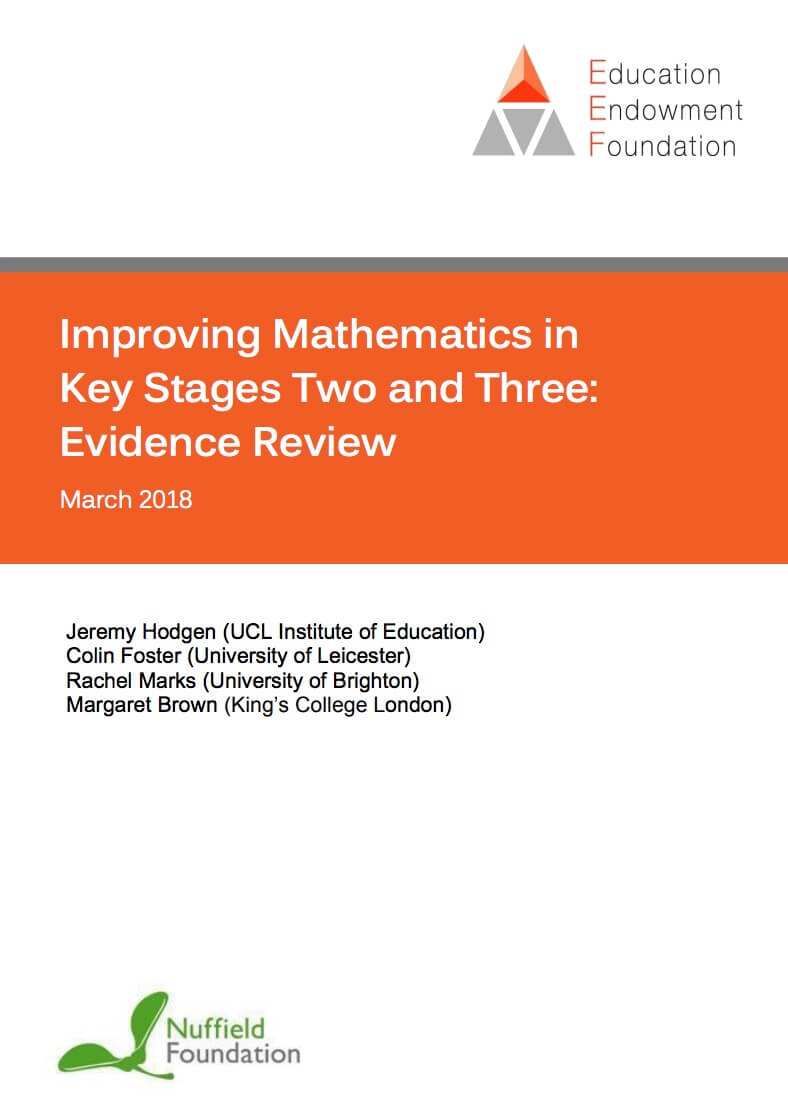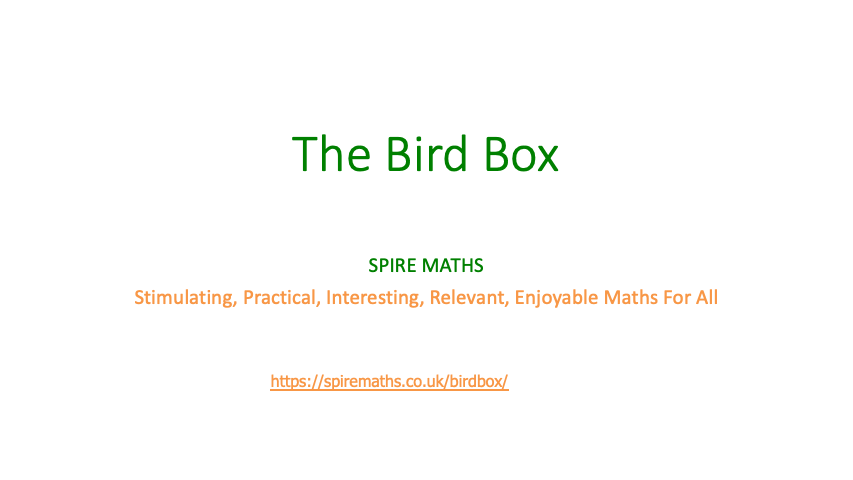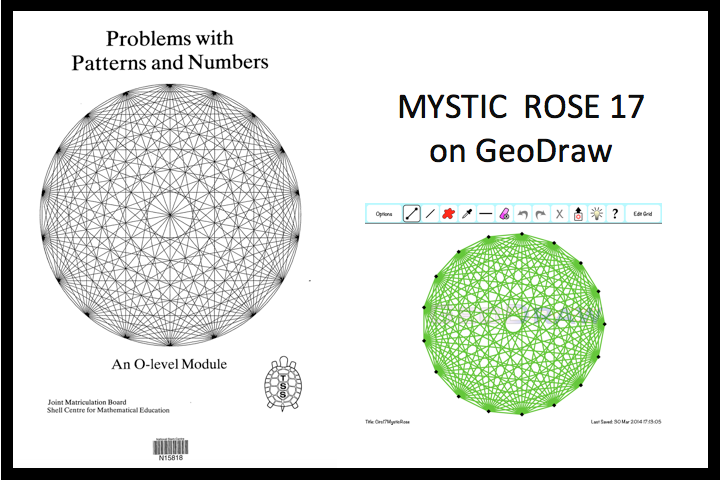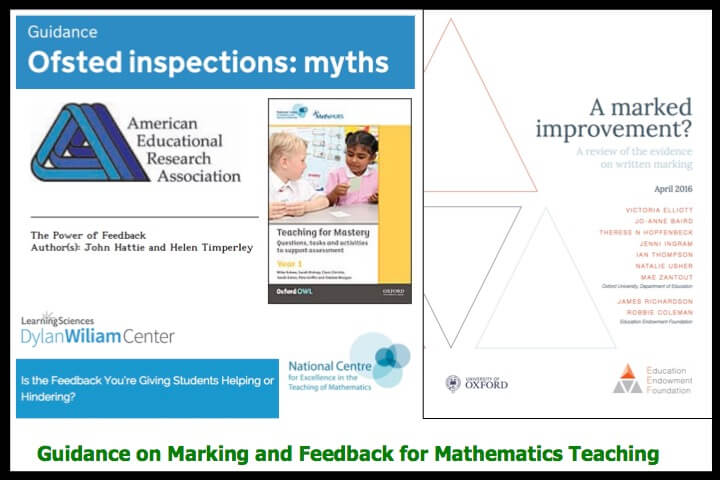
Using calculators to support learning: they help, not hinder learning
The strong evidence found about calculators suggests that using calculators in maths lessons can boost pupils’ calculation and problem-solving skills, but they need to be used in a thoughtful and considered way. It also finds that age matters too.
- Primary school pupils should use calculators regularly but not every day.
- Secondary school students should have more frequent access to calculators so that they’re able to make decisions about when, and when not, to use them.
Implications for teachers
The report has clear implications for teachers: using they need to teach pupils how to use calculators. For example, pupils might be taught strategies for estimating tricky calculations that they would then use a calculator to work out accurately. The report gives two examples:
- No-one in the real world would think of calculating 4271.3 x 289.6 in their heads, but, BEFORE using the calculator, pupils should know that it’s roughly 4000 x 300, which is 400,000 x 3 which is 1,200,000. And then they should be able to spot that they’ve miskeyed and the calculator is wrong if it displays an answer of around 123,000.
- We know that highly numerate people know many ways to calculate mentally. Take 12 x 15; we know that’s 180 because it’s 10 x 15 plus two more lots of 15. But highly numerate people can also spot that it’s the same as 6 x 30 or that it’s the same as 12 x 1.5 multiplied by 10. A great classroom activity is to use the calculator to figure out different ways of calculating, then to challenge pupils to use them mentally, and eventually see whether they can use the method on similar problems to beat the calculator.
What about tables and calculators?
Yes, pupils should know and be able to use their number facts. The evidence tells us that pupils need to have good mental arithmetic skills – as the examples above illustrate – so that they’re able to recall number facts efficiently and quickly. Those who are unable to do this may have difficulty with harder maths later in school.
What about calculators in every lesson?
That can depend on how old the pupils are. The evidence suggests primary school pupils should use calculators regularly, but not every day. Secondary school students should have more frequent access to calculators so that they’re able to make decisions about when, and when not, to use them.
Other findings
- Maths homework tends to benefit older pupils, but not those in primary school.
- Teacher subject knowledge is crucial for realising the potential of maths resources and interventions to raise attainment.
- High-quality feedback tends to have a large effect on learning, but it should be used sparingly and mainly for more complex tasks.
Full report and details
Full report here. ‘The report commissioned by the Education Endowment Foundation and the Nuffield Foundation, analyses the best available international research on teaching maths to children aged 9–14 to find out what the evidence says about effective maths teaching. It highlights some areas of maths teaching – like feedback, collaborative learning and different types of textbooks – and considers what the evidence says, and how much evidence there is.’ Institute for Effective Education




